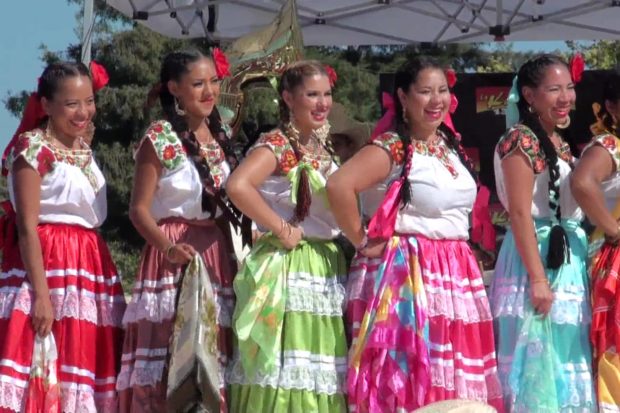
Halima Aquino, M.A., launched the Voter Education and Engagement Project (VEEP) in California to better understand why people register but do not vote. The responses to her survey indicated, among other things, that people would be more likely to vote if they expected more afterschool programs, cleaner parks and community safety measures for young people.
Writing this poem was one way to express how a two-year election season must feel through the eyes of the children in these communities. She followed up with community children by visiting their schools and having conversations with them in classes. While no one child experiences all these troubles, as a group they have experienced all of these difficulties, which made them seem, in her eyes, not unlike the children from John Steinbeck’s Grapes of Wrath, a book centered in the same geography during the Dust Bowl era.
Compassion Politics
By Halima Aquino
Who cares? I can’t tell.
Is this or that the story you’ll tell?
Share something real.
From what I see—
There’s no heart in this for me.
No passion—
For my needs.
Do politicians have hearts and eyes,
What’s in their laugh, loves and lives?
Do I see all they can see?
I doubt it, but—
Can they please—just once—see me?
Do they know you or me?
Or are we too small to please?
We’ll all
Shout louder—
You’ll hear our call…
So here I go—do be appalled.
We don’t want handouts or a wall.
We’re citizens here.
Some teachers don’t care,
Some parents need work.
We do our best—
Can’t we play—like the rest?
Music, football—even chess?
We’re good enough—we like clubs.
We’ve got talent—we confess.
Like the gangs?
Huh? What? No—not at all.
But they like us…
Don’t lecture us…
About trust.
We have no teams—
No yearbook clubs—
No boys ’n’ girls,
You give us subs!
Now think of that and it’s a fact—
Our school’s not got a field and track!
In our homes—
We celebrate
And orchestrate.
We dream of college too.
We live, we love, we dance and play.
We do what it takes to make the grade—
We take it all in stride.
We’re lions.
Our families—friends—they’re our pride.
You closed our parks.
That’s mean—you see?
I see trees—but not near me.
There’s nothing here.
Just weeds—some debris.
And the homeless sometimes have to pee— in streets, on walls—in front of me.
If you please, find homes for them…
They’re thirsty, hot and sad.
Can’t you see—we all feel bad?
We have no trees.
Nope. Not at all.
The traffic’s fast. Our cars get hit.
Situation makes me sick.
Please can’t someone stick—
Some shopping in my hood?
Can’t breathe—asthma—ow.
Do others feel like this?
Have you looked around our town?
Our wells are dry.
Our water’s brown.
Toxic dust blows round and round.
We can’t put our windows down!
It’s not that way—in the other town…
Our streets are dark—street lights are out.
Can they hear us when we shout?
Though we can’t see—
A shot rings out…
More often than I can remember.
Sometimes—
We fear what’s up ahead.
A stranger, dog or burning tire?
Maybe it’s our alley that’s on fire.
Sometimes we hide.
And make the call.
Does no good.
Is there a wall?
Why complain?
Are we a pain?
So…
Is that speech for me?…
’Cause,
I can’t vote but—What’s it mean?
I mean…
What will they do for me?
Are the answers on the wall?
Or in a book?
What’s the hook?
Have you looked—
And can you see—
What’s happening to me?
Yeah—we listen.
But we’re bored!
It’s no fun to be ignored.
By the politicians.
No secrets here—
We tell no lies…
You can see it in our eyes.
And if you listen, there are cries.
We have passion—there’s no doubt.
We live, we love, we learn and pray.
How about if we just say—we want compassion.
Okay?
